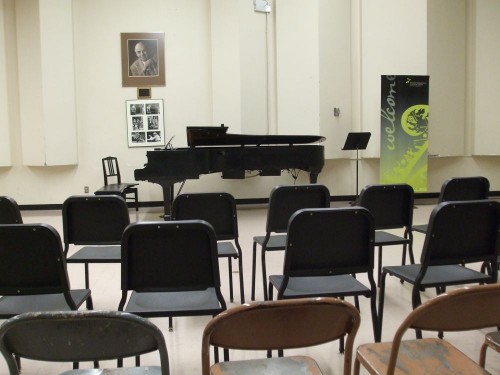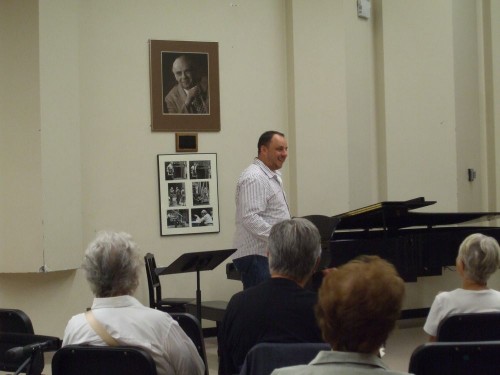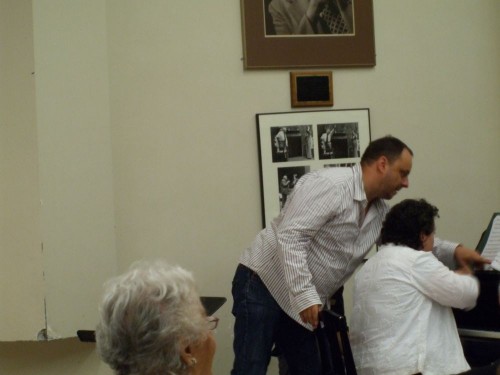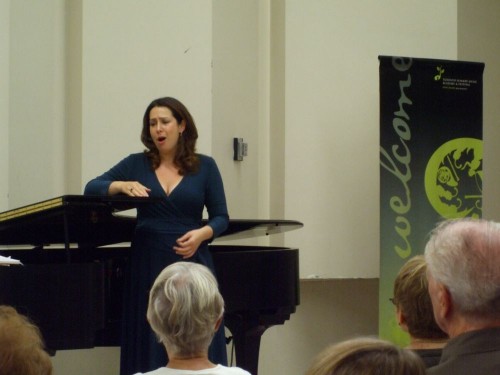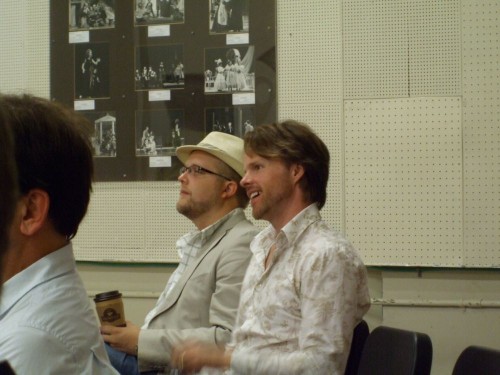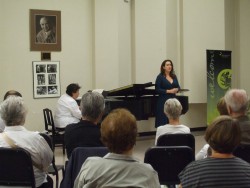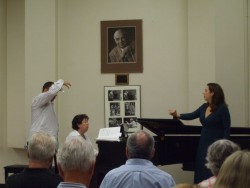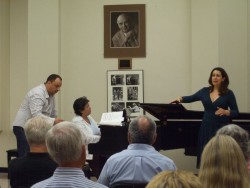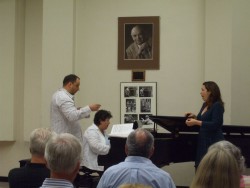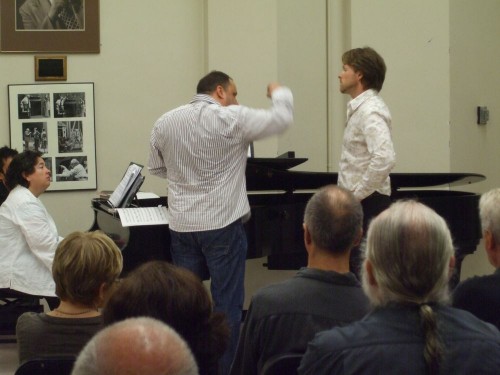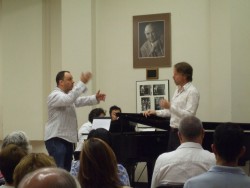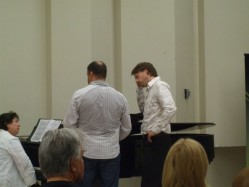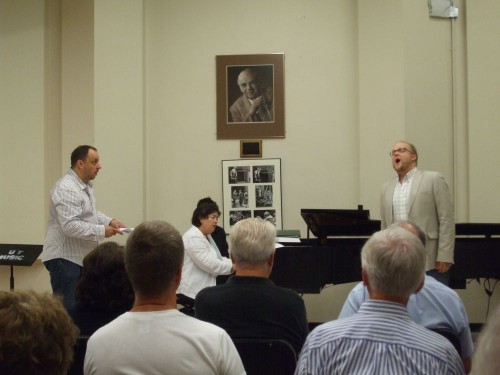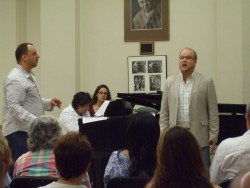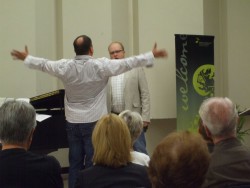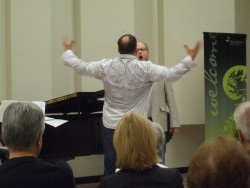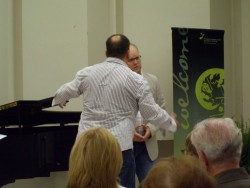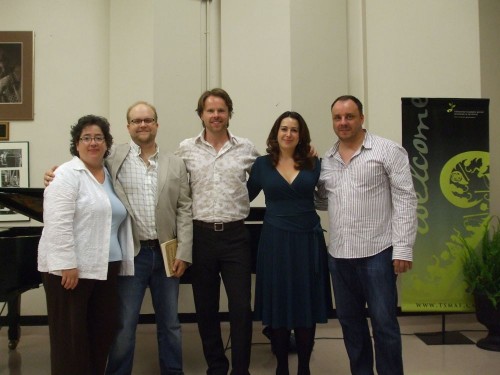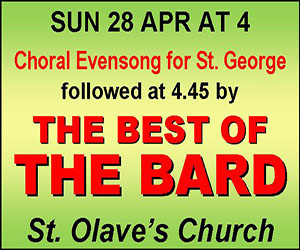Hugh Masekela
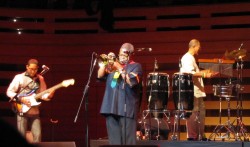 The reigning king of African jazz-funk, Hugh Masekela, held court at Koerner Hall in Toronto on Saturday night. It was a subdued start to the evening as the trumpeter and his five-piece backing band opened with a series of breezy, mid-tempo grooves. It wasn't until after the fourth tune that the band started to break a sweat and Masekela chose to speak to the audience. But I guess when you're 71 you're entitled to take a while to warm up.
The reigning king of African jazz-funk, Hugh Masekela, held court at Koerner Hall in Toronto on Saturday night. It was a subdued start to the evening as the trumpeter and his five-piece backing band opened with a series of breezy, mid-tempo grooves. It wasn't until after the fourth tune that the band started to break a sweat and Masekela chose to speak to the audience. But I guess when you're 71 you're entitled to take a while to warm up.
When he did speak to the crowd he joked with us, chided us for being too quiet, told stories from his childhood and preached about gratitude. His singing--which he did a surprising amount of--was raw, full-throated and gravelly, in sharp contrast to his flugelhorn playing which was very controlled; soft and sweet one minute, clear and commanding the next.
Masekela is best known for his huge hit from the late 60s, Groovin' in the Grass and since then hasn't had a lot of North American radio play for his solo work, but has guested and toured with other performers such as Paul Simon. But he has been steadily working in South Africa, collaborating with and mentoring musicians there, protesting the political situation through music and regularly releasing records.
Once the band got going there was no stopping them as they played for over two and half hours, eventually getting the whole audience on its feet clapping, singing and celebrating along. The guitarist Cameron Ward got most of the spotlight when Masekela took a breather, as he alternated between iconic African sounds and wailing, distorted solos on his Stratocaster. Every band member got a little solo time to showcase their style, but the band's strength was as a unit as they laid down solid, funky grooves enabling Masekela to stretch out and take us again and again on vocal, spoken word and instrumental adventures.




